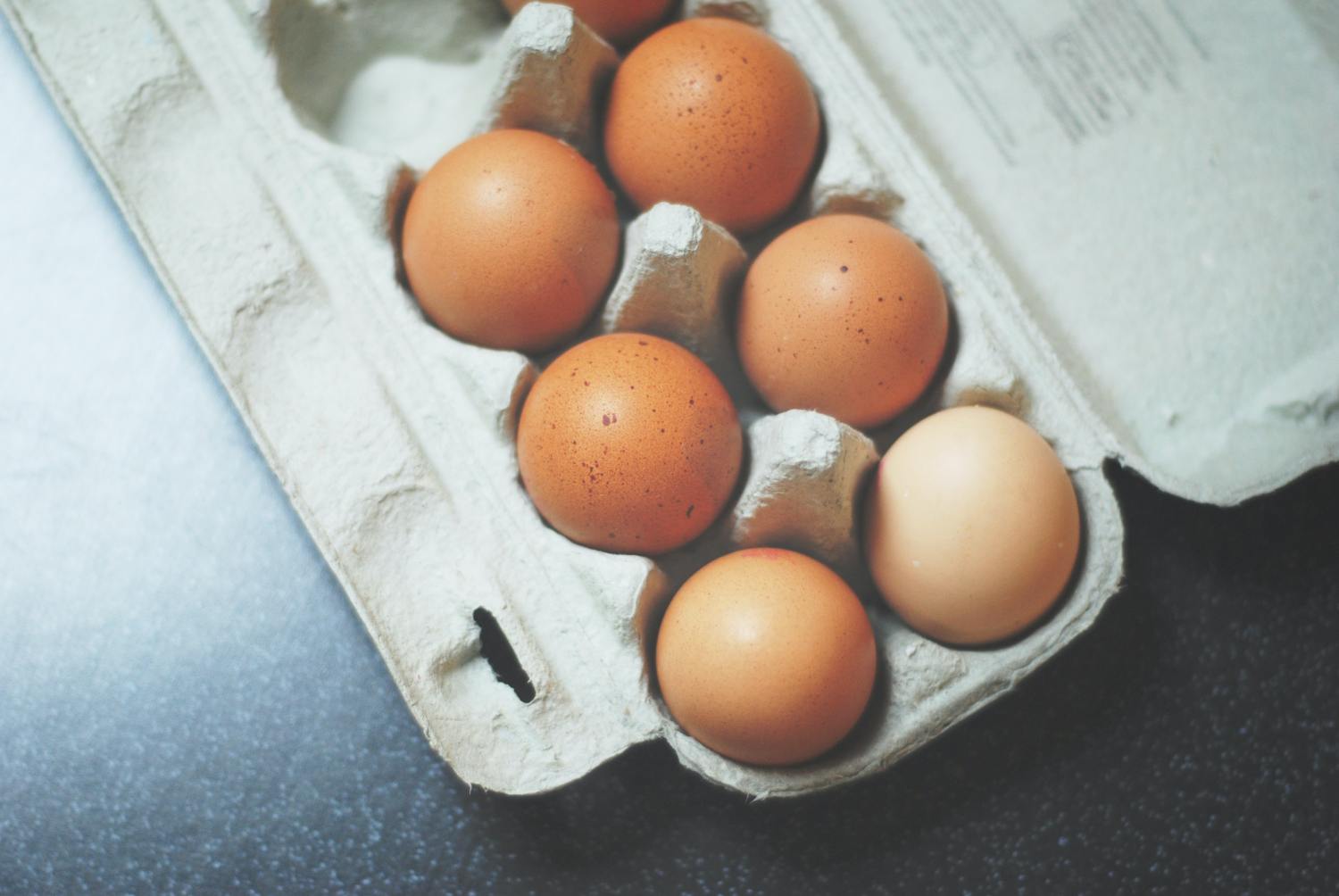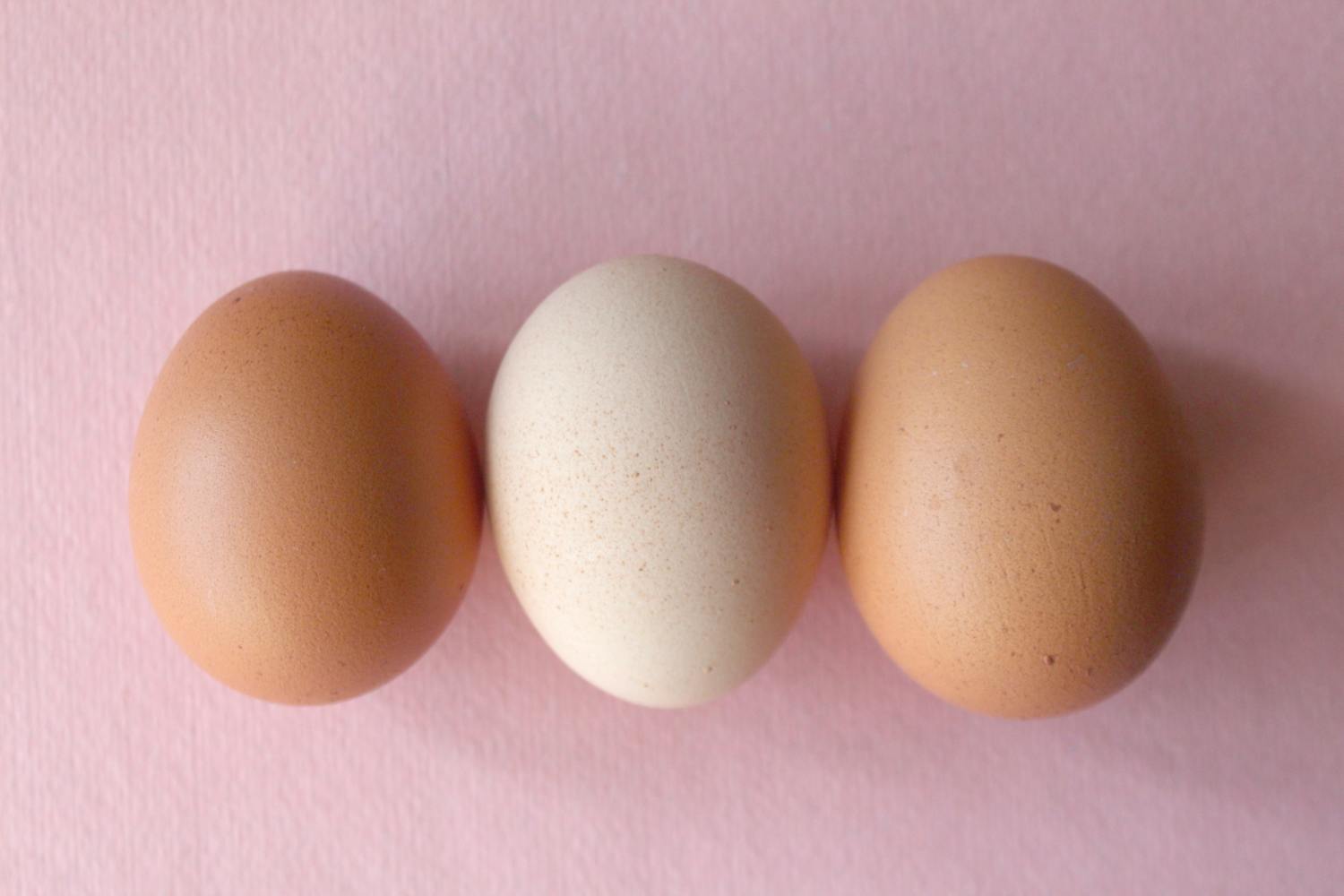You are all set for a baking session when you start doubting: how long have the eggs been in the fridge? A terror hits you.
Giving up the idea of cake makes you want to cry. Dropping a smelly spoilt egg in the dough does not sound like a blast, either.
To avoid disappointment or bitter regrets later down the line, let's learn how to tell a bad egg from a fresh one.
How to tell if an egg has gone bad?

The older an egg gets, the larger the air pockets inside it grow. If there is no mold nor bacteria, though, the egg is still safe to eat.
When carefully stored, eggs can last several weeks in the fridge. Even after their "best before" date, there is often no need to toss them.
By trying one or more of the following tips, you can avoid food waste and save a few bucks in the process.
1. Check the date on the carton

First of all, have a quick look at the expiration date. If that has not passed yet, then no worries at all.
The sell-by date, on the other hand, is not as helpful. It just shows that the eggs cannot be sold more than 21 to 30 days from packing. This is important for someone running a grocery store, but you can ignore it.
A more useful number is the "pack date," but finding it requires a bit of detective work. Look for a long numerical code, which should be above or below the sell-by or expiration date.
The last three digits of the code are the Julian date. It means that each day corresponds to a number in chronological order: 001 is the 1st of January and 365 the 31st of December.
Within four to five weeks from that day, the eggs are safe to eat. They can still be okay after that, though, so hold on before throwing them away.
2. The egg float test

The floating test is not a myth but a useful way to tell if your eggs are fresh or old. You only need a glass of cold water. Gently dip the egg in the water and see what happens.
If the egg sinks and falls on its side, then it is perfectly fresh. Your baking plans are safe.
If it sinks and tilts upwards, standing, it is not at peak freshness but still fine. Go ahead and use it as soon as possible, before it goes bad.
If the egg floats, then it means it is old. The safest thing to do is to throw it in the compost bin.
This is due to the pockets of air inside the egg growing larger in time. With more air within the shell, the eggs tend to float in water.
An egg that floats, though, could still be okay to eat. You can use your senses to inspect it for signs of contamination.
3. Shake it and listen

Another quick method to check if an egg is fresh or old is to shake it. Listen to the sound it makes.
Do you hear a sloshing sound? Bad news: that means the yolk turned old and watery.
If you hear nothing, then you are good to go.
4. Give it a sniff

Your nose does not lie: any pungent, sulfurous smell is a clear no-no. When you open the shell, a good egg should not smell much at all.
Any foul, sour note is a reliable sign that the egg has gone bad. Throw it without a second thought. Make sure to properly wash the dish or bowl you used for the test with warm soapy water.
5. Have a good look

For extra safety, do a visual inspection of the egg and see if anything looks weird. Starting with the shell, here are some signs to look for:
A slimy feel or look
A powdery substance on the shell
Cracks
These could all be signs of contamination from bacteria or mold.
Once you open it, inspect the color with particular attention to the white. If it looks green, pink, or iridescent, the egg is contaminated.
Any black or green spots are also bad news. They show that mold or fungus spoilt the egg.
Green rings around the yolk in hard-boiled eggs, though, should not worry you. They have to do with iron in the water or cooking temperature, not with bacteria.
What happens if you eat a spoiled egg?

Eating a bad egg could cause food poisoning - and a very unpleasant couple of days. We have to thank bacteria like Salmonella or E. coli for that.
The symptoms include vomiting, stomach cramps, diarrhea, and fever. They usually start a few hours to two days after eating the contaminated egg.
You should feel better within a week when the symptoms disappear on their own.
How to keep your eggs fresh for longer

At the store, check the eggs to make sure they do not have any cracks. Then take them home as soon as possible and put them in the fridge. Never keep them at room temperature for over two hours.
Place them in their carton in the back of the refrigerator, on the middle or lower shelf. This is the coldest part of the fridge and the best to keep your eggs fresh for longer. The door is actually the warmest part, so putting them there is a bad idea.
To avoid any possible contamination, always store them in their carton.
What to do with eggs close to the expiration date

The environment does not like food waste, and neither do your pockets. To extend the life of old eggs, hard-boil them.
It is the fastest and easiest way to keep your eggs safe in the fridge for an extra week. Then you can use them as appetizers, in salads or sandwiches.
Remember that when in doubt, it is better safe than sorry. Anytime you suspect an egg might be bad, throw it.
Always fully cook eggs before eating them to kill any sneaky bacteria. Or, of course, bake with them to your heart's content.



